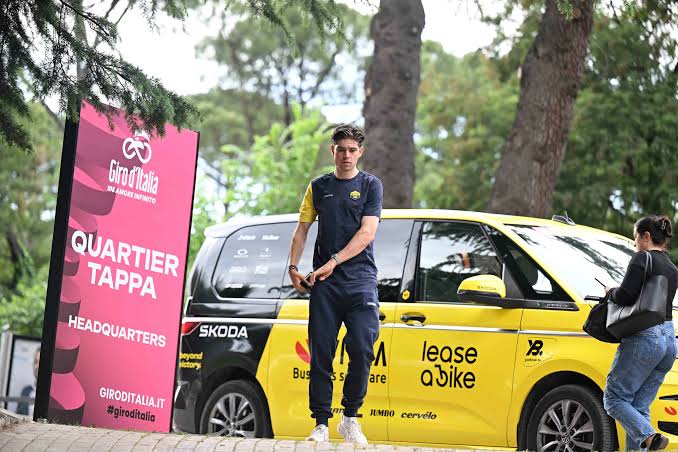Paris returns to the spotlight this summer as the Tour de France wraps up with a dramatic final stage that brings back memories of last year’s Olympics. One highlight from the Games was Mathieu van der Poel’s powerful attack on Montmartre, cheered by crowds lining the iconic hill. Now, the Tour de France is officially bringing that cobbled climb into its finale. Organizers have confirmed the change after previously considering it.
Last year, the Tour concluded with a time trial in Nice due to the Olympic schedule. This year marks the return to the classic Paris finish, with riders looping through the city as usual. But this time, they’ll also face the now-famous Montmartre climb from the Olympics. The news was first broken by Le Parisien in January, and speculation had been building ever since.
ASO overcomes hurdles to include Montmartre in Tour finale
Tour organizer ASO submitted its plans to Paris authorities weeks ago, detailing a course where riders would take on the Olympic route three times. The peloton would ascend Rue Lepic, circle the Butte Montmartre, and enter Paris via the Quai d’Issy, continuing a long-standing tradition. From there, they would cross the Seine at Concorde, loop through the 18th arrondissement, and then descend Rue Royale to the Champs-Élysées for the finish.
At first, city officials were hesitant. “There are many logistical and safety issues, along with cost concerns,” they reportedly said. Olympic road race champion Remco Evenepoel also voiced his skepticism: “Why complicate the final stage? The first week of the Tour is already a battle for position. We don’t need another on the last day when we’re all exhausted.”
Support from Steels and Museeuw for a simpler final stage
Soudal Quick-Step’s sports director Tom Steels agrees with Evenepoel and questioned the decision. “I understand where Remco’s coming from. You race flat-out for three weeks and then they throw in this new challenge at the end. It adds pressure, especially for GC contenders. If something goes wrong on Montmartre, help might be far behind. On the Champs, there’s usually time to recover — but not now.”
Former Paris stage winner Johan Museeuw also weighed in. “Cavendish dodged a bullet by retiring before this. It’s rough for pure sprinters. Unfortunately, this is a growing trend — races getting harder just for the sake of it. A clean, fast bunch sprint can be just as thrilling. The Tour is abandoning tradition, and that’s a shame.”
Zonneveld embraces the change
Not everyone is critical. Journalist Thijs Zonneveld expressed his enthusiasm on In de Waaier. “At first, I assumed it was just one symbolic climb for TV visuals. But once I learned the full plan, I was genuinely excited. We could even see gaps among GC riders on the last day — and that’s rare and potentially magical.”
The final climb on Montmartre comes just four kilometers from the finish line, which seems ideal for a punchy rider like Mathieu van der Poel. “That climb is practically made for him,” Zonneveld added. “He dominated it at the Olympics, and it suits his style perfectly. This could lead to an unforgettable Tour de France finale.”
Tour organization makes it official on May 21
Despite initial concerns, ASO made its announcement on May 14: “A true fan favorite — Montmartre and the Champs-Élysées — will be the setting for a unique Tour de France finale. More details to come on May 21!”
Confirmed course: Champs-Élysées laps and Montmartre circuit
As promised, on May 21, the Tour de France revealed the route for the final stage. In an official video, ASO confirmed the details: the stage will begin with three full laps on the Champs-Élysées (crossing the finish line four times), followed by three loops of the final Montmartre circuit.
Each of those final laps includes a climb up Montmartre and a return to the Champs-Élysées. The race will still finish on the famed boulevard, keeping the traditional end intact. The last climb comes just under five kilometers before the finish — setting the stage for a dramatic conclusion.



